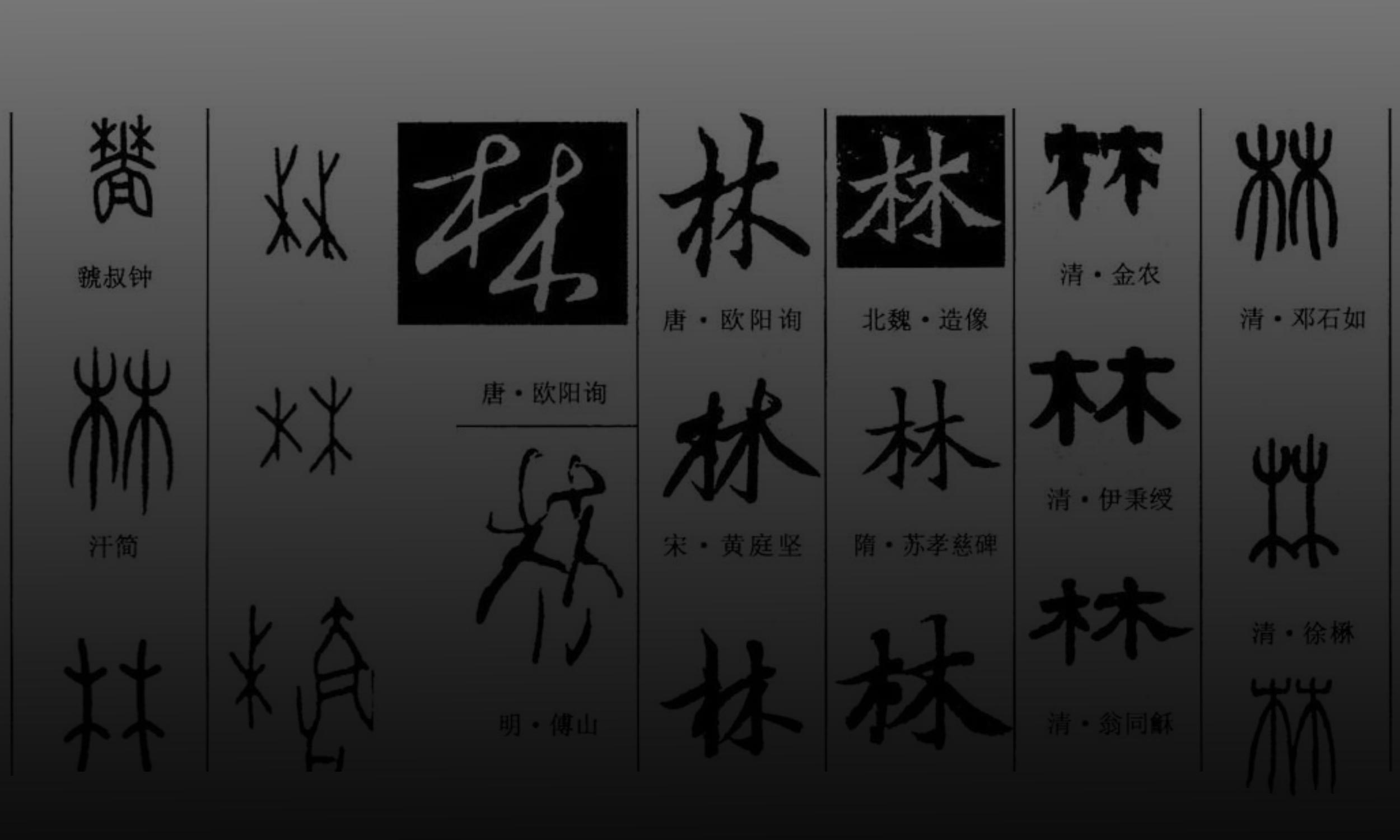In Vietnam, it was not uncommon for people with Chinese surnames like “Lim” (林) to change their surnames to more Vietnamese ones, such as “Trần.” Several historical and social factors contributed to this surname change:
1. Integration and Assimilation
During various periods in Vietnam’s history, Chinese immigrants (often referred to as “Hoa” people) were encouraged or pressured to assimilate into Vietnamese society. Changing a Chinese surname to a Vietnamese one helped facilitate this integration and allowed Chinese families to blend more easily into the local culture. “Trần” is a common Vietnamese surname and adopting it would have helped Chinese families avoid standing out as foreigners.
2. Political Pressures
There were times in Vietnamese history, particularly during and after the Ming invasions of Vietnam in the 15th century, where anti-Chinese sentiment was high. Changing a Chinese surname to a Vietnamese one helped families avoid discrimination and political persecution. By adopting “Trần,” families with the surname “Lim” might have been trying to escape any anti-Chinese policies or sentiments at the time.
3. Historical Connection to the Trần Dynasty
The Trần dynasty (1225–1400) was one of the most powerful and influential dynasties in Vietnamese history. Some families may have adopted the surname “Trần” to associate themselves with the prestige and power of the Trần royal family, even if they were not directly related. Since the Trần family itself had Chinese ancestry, this connection may have felt natural for those who wanted to maintain a link to their Chinese heritage while embracing a Vietnamese identity.


